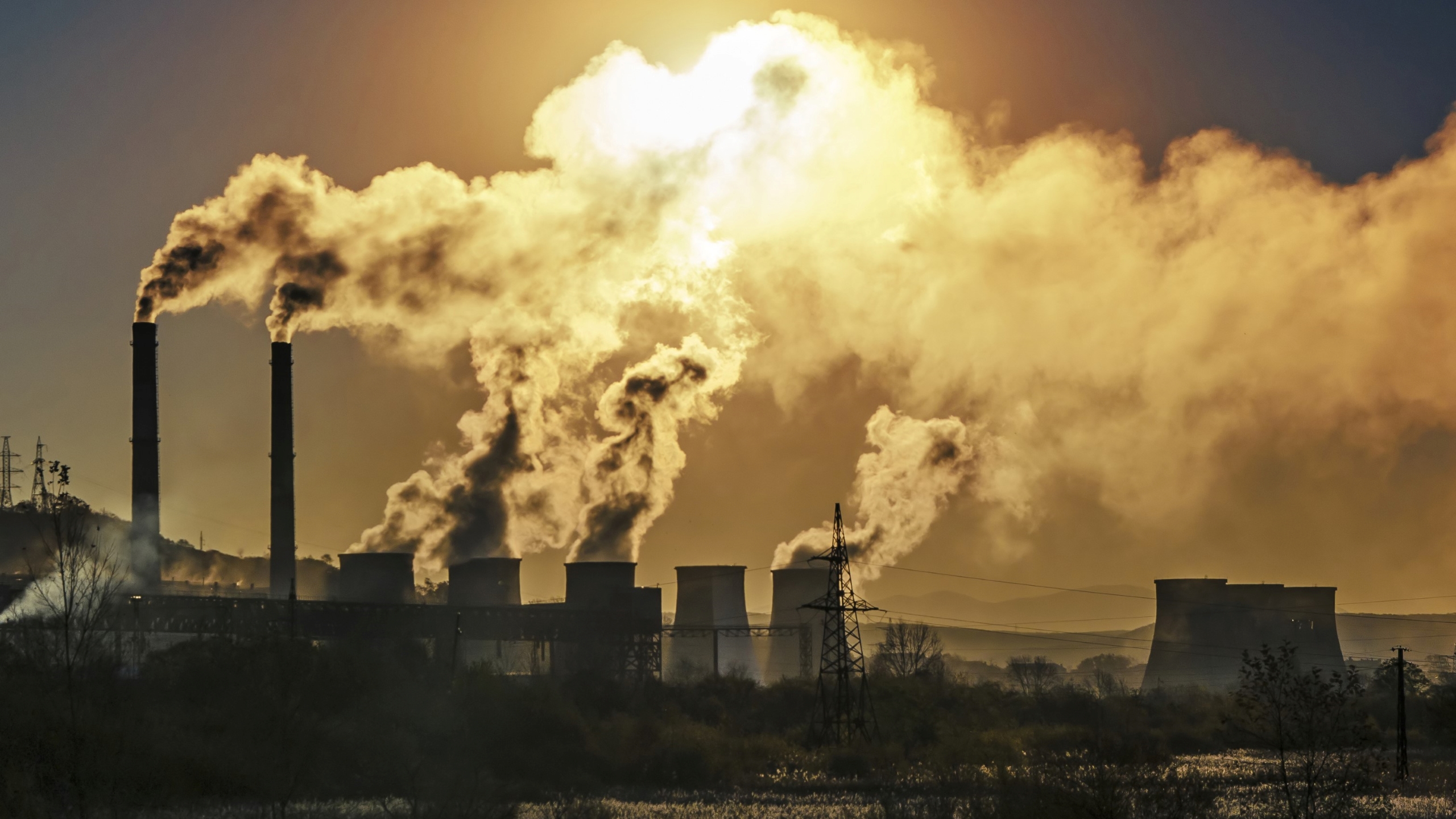Sustainability is probably a word you hear all the time, in every sustainable website, class, presentation, and fake corporate ad. Barring the fake corporate ads, every content producer has the right intention. But often the long term sustainable lifestyle teachings are left by the wayside to make room for habits and fun activities that make sustainability easy and empowering. The truth is, real long term sustainability requires more than just habits. It requires a conscious and intentional change of mind. Admittedly, in a more practical sense the best approach to eliminating damage to our planet is to target the big production companies, which is best done by raising awareness about our planet and the need for sustainability.

However, if we’re to really recover from where we are today and keep going, we have to actually change how we go about our lives. Recycling, for example, is a largely misunderstood process, and it could be considerably more efficient if we better understood it. Too much of the recycling we assume dissapears from our record actually ends up in landfills, and for lots of reasons. For one, “wishful recycling,” which is the habit of erring on the side of recycling when deciding where your handful goes, puts unfortunate amounts of unrecyclable material into the system, which means there have to be comprehensive ways of removing it, which is costly and lowers efficiency.
Single stream recycling is somewhat to blame. When recycling was all separated at the household level, recycling was actually very efficient and effective, though it wasn’t very widespread. Nowadays, single stream recycling has made collection and involvement skyrocket, though it as a process is embarrasingly ineffective. Non-recyclables thrown in “just in case they are” comprise about 13 percent of all recyclables. Essentially, for every 10 trucks of completely recyclable material, 1 trucks worth is competely landfill bound. Also, glass is almost entirely not recycled. It’s simply not worth it after separating it from the rest of the recyclables. The best way to fix this is to require separation of recyclables, though immediately the problem with that is that most of people recycle because it’s taboo not to, not because they genuinely believe in the necessity of it. And so if it becomes any more difficult to recycle, it just won’t happen on a large enough scale to make it effective. Another big change we need to make is in the production on greenhouse gas emissions.

Or rather, in reducing it. Like I said, a vast majority of the destruction of our environment comes from a very small minority of the biggest companies. This makes it very easy in theory to reduce emissions, because bigger companies are more eager to improve their social image, and thus are very much subject to social opinons. And yet, the problem has not been solved. The truth is, the market works on interest, and interest is a lot harder to change than intention. Companies will say anything and do anything to get you to buy, and lying works. We must be more diligent in holding big corporate empires responsible. and we must be more diligent in how we think about sustainability. It’s more than a diet, it’s a wholesome way of life.
wamu.org/story/19/02/12/does-your-recycling-actually-get-recycled-yes-maybe-it-depends/
brightly.eco/why-your-favorite-companies-arent-going-green/#:~:text=The%20two%20most%20common%20reasons,just%20don’t%20hold%20water.